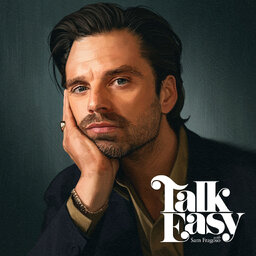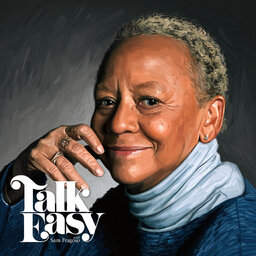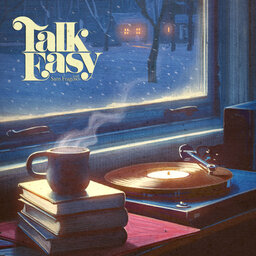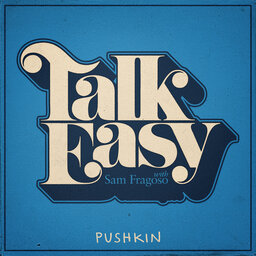Actor and Director Dev Patel is a Leading Man
Actor Dev Patel has pursued interesting, complex roles in Hollywood since his arrival in Slumdog Millionaire fifteen years ago. He joins us today to discuss Monkey Man, his directorial debut and most personal project to date.
At the top, we walk through the Hindu mythology that inspired the film (12:30), his decade-long fight to get the project greenlit (16:17), and the conditions of filming on an island during the pandemic (18:08). Then, Dev describes his intense creative process (27:02), how he landed his TV debut at sixteen as a sex-crazed teenager on Skins (28:33), and his life-changing role in Danny Boyle’s Slumdog Millionaire (35:40).
On the back-half, Patel reflects on his years in The Newsroom (47:24), the films that followed, including Garth Davis’ Lion (49:52) and David Lowery’s The Green Knight (51:30), and how director/producer Jordan Peele saved Monkey Man from oblivion (56:32).
For questions, comments, or to join our mailing list, reach me at sf@talkeasypod.com.
In 1 playlist(s)
Talk Easy with Sam Fragoso
Talk Easy with Sam Fragoso is a weekly series of intimate conversations with artists, activists, and…Social links
Follow podcast
Recent clips

The Year of Actor Sebastian Stan (‘The Apprentice’)
1:16:35

Remembering Poet Nikki Giovanni
44:21

Talk Easy in 2024: A Mixtape
58:40
 Talk Easy with Sam Fragoso
Talk Easy with Sam Fragoso